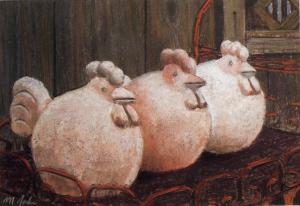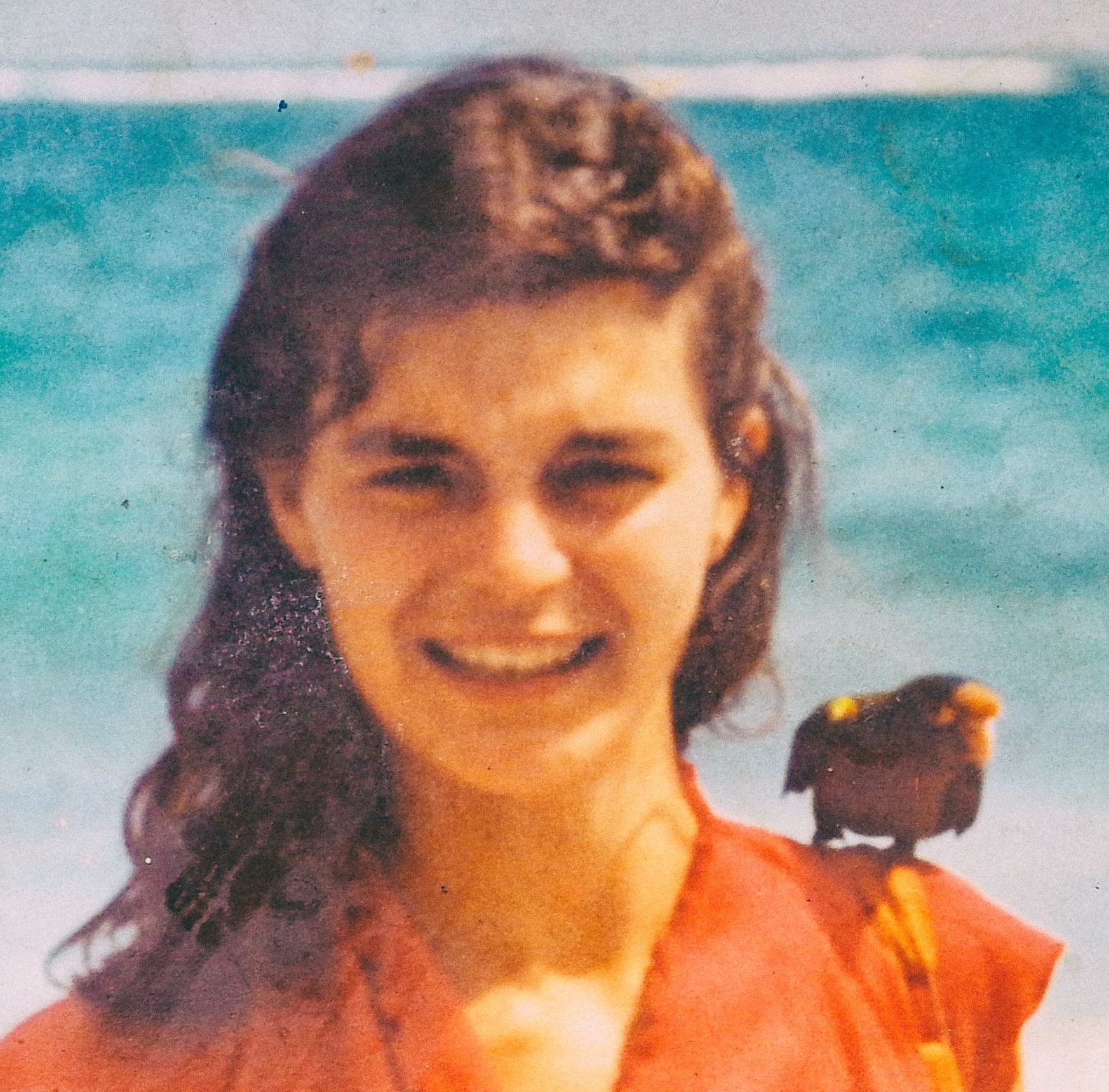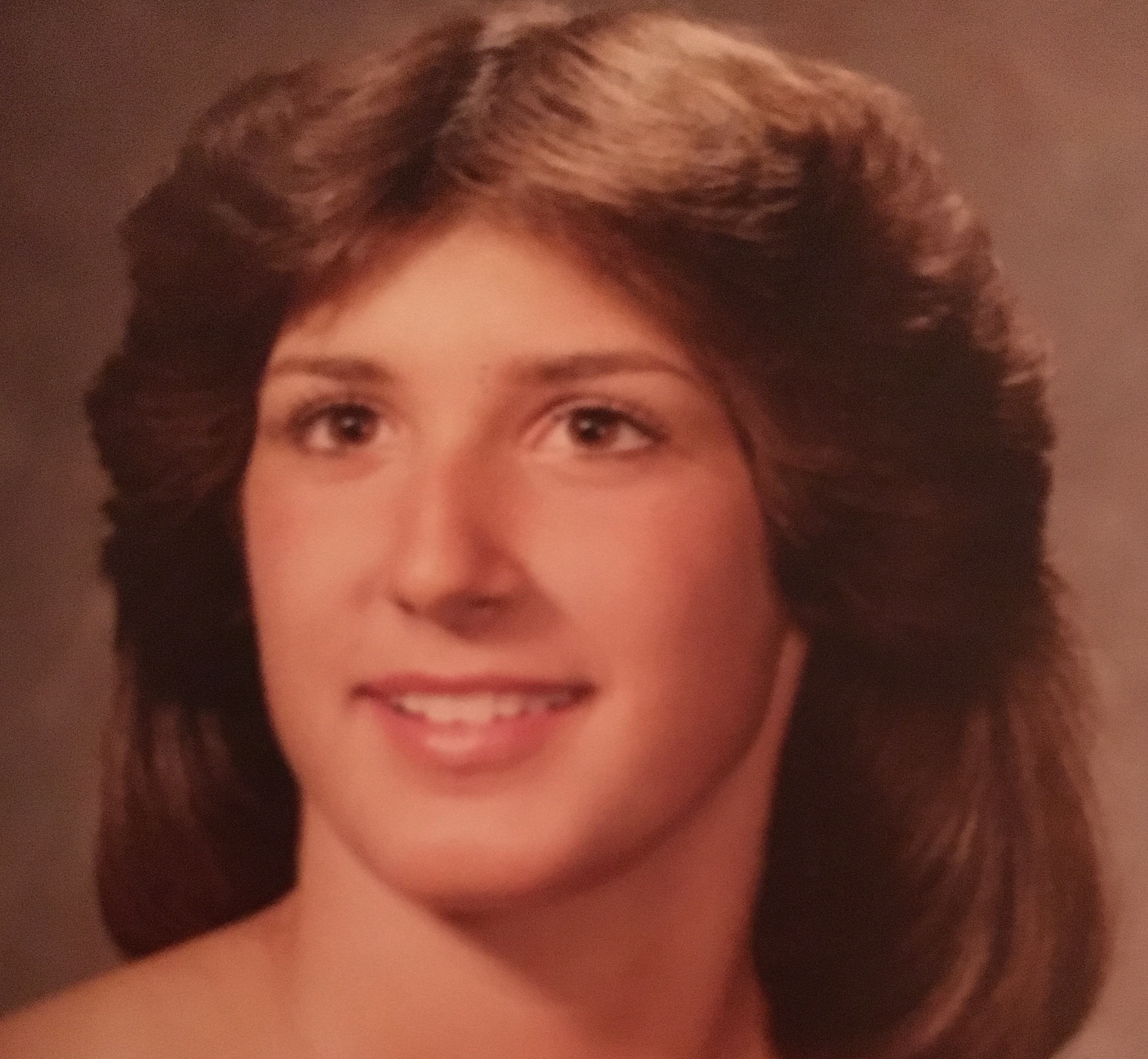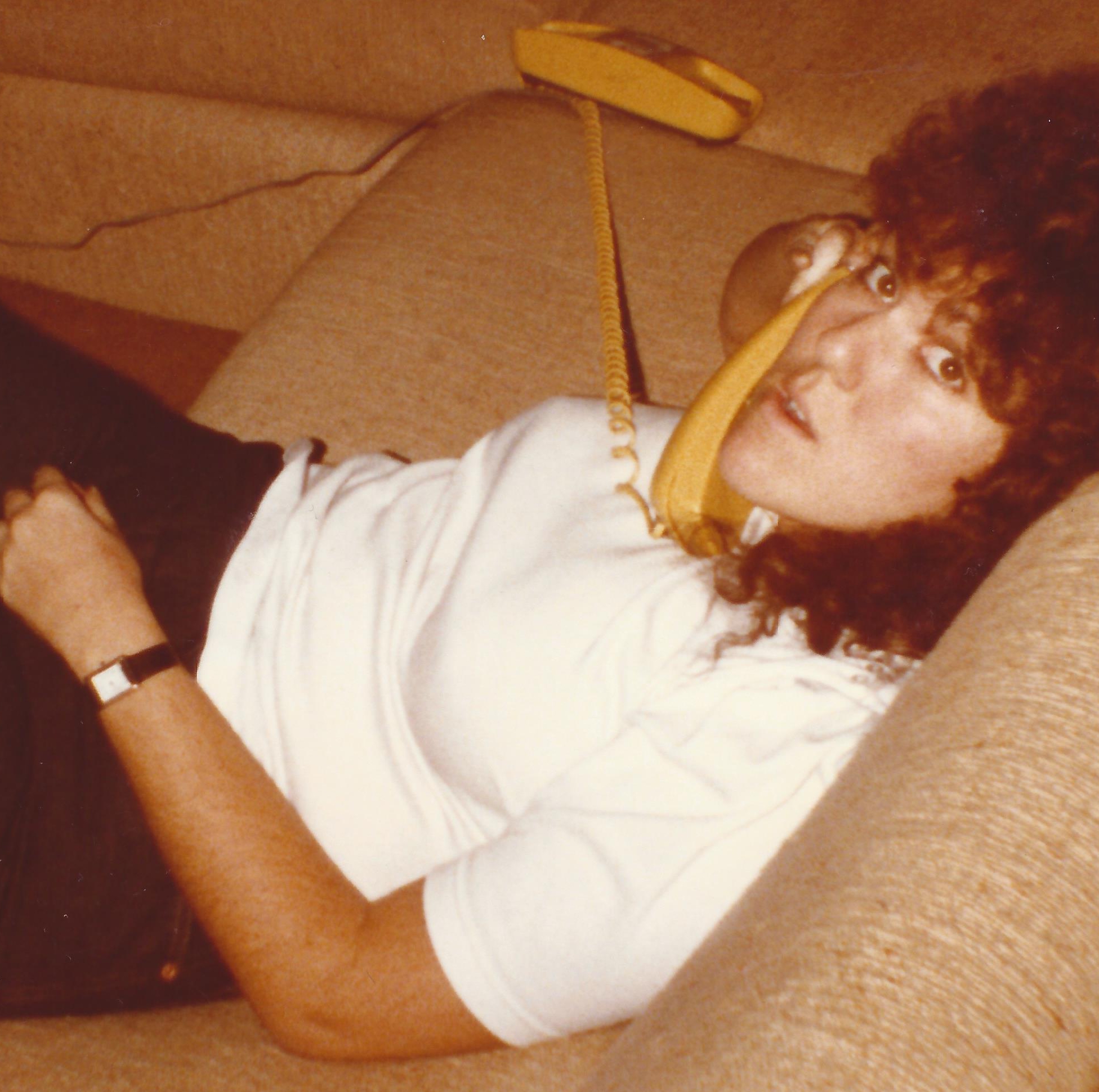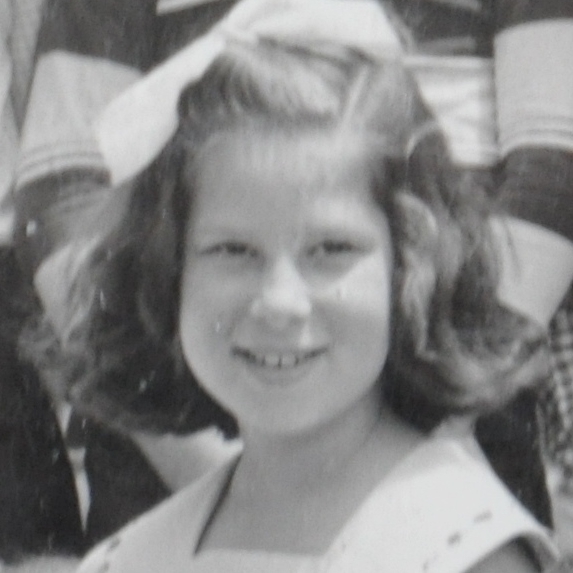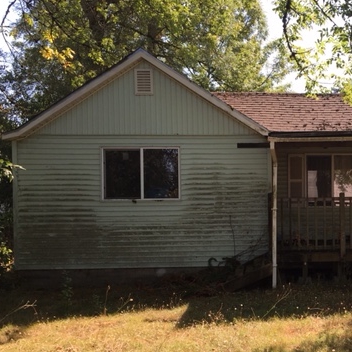Scattered orange and white feathers clung to the Mexican sage, its branches like outstretched arms holding the detached plumage. Under nearby roses and lavender, they were strewn over dry earth like petals discarded by a flower girl. There were mature tail feathers; there were tiny, downy ones. I detangled each one and regarded its beauty before dropping it into a paper bag. I didn’t want there to be any left to entice the murderous dog back to that spot.
It was only an hour earlier when I found the bird’s mutilated body, still alive, and hidden in the bush along the retention wall in my backyard.
It all started a day earlier when we were perched in the bleachers on a Saturday morning at my son’s Little League game. In a rush, we remembered our travel mugs but forgot the dog. It was only once we were sipping coffee that we realized that she’d been left outside with an unreliable latch on the gate that separated her territory from our chickens. And they’d been left out grazing for bugs in our orchard, the very back part of our yard where a few fruit trees grip the hillside and a rickety coop leans against the fence we share with our neighbors.
My stepson, not that interested in the hits and outs, offered to run back to get her. About 40 minutes later he appeared red-faced from emotion and the exertion of running up the one-mile incline from our house to the ballpark.
“Pepper got in the orchard! Why didn’t you answer? She killed Bob!” he spit, his voice heavy with exasperation.
“Oh no. Where is she now!?” I asked climbing down from the bleachers so that I could talk to him face to face. I pulled my phone from my pocket, noticing the missed calls on my silenced phone.
“I’ve been calling you. Why didn’t you answer?” He was almost in tears. “I went to Kim’s house, I went to Heidi’s house, I even went up to Ben’s house. No one was home. I didn’t know what to do!” My husband joined us and looped his arms around his son. He too had missed several calls on his silenced phone.
“You did the right thing,” I said, digging for car keys.
“Bob’s dead!” he said again, referring to the black and white hen that he’d chosen and named when she was just a few days old.
“Where’s the dog now?” I asked again, impatient. “Is she still outside?” I just kept thinking about the broken latch and how the dog would be anxious to gain access again to such a thrilling game.
“I tried to close it, but it’s broken! And I wanted to get help and you weren’t answering. I didn’t know what to do.” His arms limp at his sides, tears welled in his eyes. The crowd cheered as the opposing team scored two runs.
“I’m going back. She’s going to get in there again,” I said, running toward the parking lot.
Once in the driveway, I bolted toward the orchard, yelling for the absent lab. The gate was ajar. She had a bird pinned down. “Get out of here!” I snarled, dizzy with disbelief. Her head sunk as she realized that I was displeased with her game. My shoe did not make contact as I kicked towards her. “Get out. Why did you do this?! Just get out!” She backed up and through the threshold. The scene punched from left and right as I took in the carnage.
Bob’s wing arched backwards as if she were making a heroic flight. Kneeling, I stared at her dimpled flesh plucked of feathers by angry teeth then cursed the dog. Puncture wounds. Raw. Blood. I didn’t see any other chickens. Frantically stepping between trees and around hedges, I found Kernel alive but injured. On a carpet of her own feathers, she flapped as I approached, her wing wobbling like a broken hinge. Her beak slack, eyes blinking erratically. “I’m so sorry,” was all I managed. Leaves crunched under the dog’s paws as she paced along the other side of the fence. Her predatory whimpers intensified my rage.
Carmel was in the coop, standing on one leg. I locked her in to protect her from other predators. Ferrari was nowhere.
When my husband got home he collected Bob’s body, put her in a paper bag, and dropped her in our compost bin. With rubber gloves, I lifted Kernel’s wounded body into a cardboard box and drove 20 minutes to the closest Humane Society where I paid a nominal fee for her to be euthanized and cremated.
When I got back, I opened the coop to further inspect Carmel. She now lay on the ground, a parade of tiny ants marching across her body, into her eyes. I tenderly lifted her wing to find a portion of her flank missing. I berated myself for failing to notice the extent of her damage earlier. Even as she lay injured on the ground, she was beautiful; her brown and golden feathers made her look like a hawk. I thought of her as a new chick, tucked against my chest in the evenings after the children were in bed. Her tiny cheep cheep looping until she fell asleep in my arms.
I found another box and towel for her journey to the Humane Society. My husband drove in silence as the office buildings blurred along the highway. After he pulled into a shady spot and cut the engine, a single squawk broke the silence. When we opened the trunk, she was dead.
That evening, we scoured the yard again – behind all hedges and the trampoline, under the table, around the grill. No sign of Ferrari. My husband spoke to our neighbors and scoured their yards as well. We feared that if she were outside overnight, a racoon would get her if a hawk hadn’t already snagged her. We had lost chickens that way before, when we were new to tending our flock. Hawks had snatched pullets from the yard by day, and the night we adopted our dog from the Humane Society, a raccoon had left nothing but a foot near the tree house.
Three dead chickens, one missing.
The next morning, I woke early, anxious about the missing bird. Filtered sunlight made the world look dreamy. I sat up and stared at the trees and bushes out the window.
Just then, I heard the door open downstairs, a child letting the dog out. She came into my line of vision, then jumped up into the Mexican sage along the retention wall. Her head lowered, her tail wagged frantically. “Pepper!” I shouted, as I jumped from bed. “No! Pepper! No!” In my bathrobe, I ran into the the yard. With my hand on her collar and with all of my might, I pulled her back. “Get away,” I growled. She jumped down, but I could sense her pacing behind us, her enthusiastic panting agitating me. “Someone call the dog!” I pleaded to no one.
Turning my attention back to Ferrari, “How did you get here?” I cooed towards her brokenness. “Where were you yesterday when we looked everywhere? You weren’t here.” I stroked her pink comb, looking into her eyes. In them, I saw my son Riley holding her when she was only a few days old. He had been the first one dressed and ready for school the morning after we’d brought them home. “I love them,” he had declared softly as a smile spread across his cherub face. And now here on the ground was the bird he’d named, the one he’d chosen from the dozens at the feed store.
“Please don’t die,” I pleaded with her. “I can fix you,” I said, even though I knew I could not fix her. With her belly to the sky, I could see torn flesh, puncture wounds from sharp teeth, and twisted wings. Her eyes blinked erratically and her beak hung as if she were panting. Even if she could have been saved, I was in no condition to tend to her wounds. Just two years earlier, Riley lay on a hospital bed, belly up, a six-inch midline incision, puncture wounds from sharp tools, his limbs at awkward angles attached to the external heart-lung bypass machine like a marionette before he died.
Steadying my own breath, I closed my eyes and remembered walking with Riley to collect eggs. All uphill from our back door to the coop, it was a tiresome walk for an 11-year-old boy with half a heart. With a small basket, we inched our way there, him guessing how many we’d find. Ferrari, our fastest chicken, and the others ran to greet us in hopes of getting kitchen scraps. “Mom, are the chickens’ eggs kind of like pooh?” he had asked, squinting from afternoon sunbeams. “I think both come out of the same place, but no, they are not the same.” He scattered the greens into the run and carefully gathered three eggs from the nesting box.
I’m sure it had only been a minute since I found her, but it felt like much longer, my sharing these memories as if she understood, as if Riley could hear me too. Pepper’s pacing escalated with a few growls. “Can someone please get Pepper out of here? Go away, I hate you,” I said, defeated.
My husband came and pulled her away, his voice calm as her led her into the house. My fingertips grazed the hen’s feathers one last time before heading to find another box, another towel. In the kitchen, the kettle was whistling while children shoved spoonfuls of cereal into their open mouths. “Where’s Pepper?” I asked. “Garage,” my husband replied quietly. “Is Ferrari okay?” one of the children asked. “No, she’s not.”
Adam’s long arms encased me, his warmth offsetting the chill in me. “I’m just not equipped to deal with all of this death,” I sobbed into his shoulder. Especially hers…
“I know,” he said. “I know. I’ll get her.”
“No, I want to.” With heaviness in my stomach, I looked for another box. It was my fault. I failed Riley; I failed all of the chickens. They would all be dead.
In the days that followed, I didn’t speak to the dog, my girl, my hiking buddy, my grief companion, the 70-pound mammal that I pulled onto my lap nightly because she weighed the same as Riley. Riley had sat on my lap every single day – his bony bottom, pointy elbows, and cold hands safe in my embrace. My lap was his favorite place; him in my lap was my favorite place.
Now that girl was banished to the garage. Morning hikes were different without my furry companion. Not there to chase balls near the makeshift memorial we created for Riley. Not there to lie under the coyote bush until I was ready to keep going. But I couldn’t bear to bring her. In the evenings, my husband would convince me to let her be in the house near family, even if no one was speaking to her. My stepson would bark, “You go over there!” pointing to the end of the room while he scooped kibble into her bowl. She’d cower near the door, her tail limp, head low, clearly unsure of her demotion, oblivious to the carnage she’d created and confused by the lack of love and attention towards her. “Get away,” I’d spit through clenched teeth whenever she came near me. My lap remained empty.
Then one afternoon, my stepson’s hand brushed down her long black torso on the way to hang up his backpack after school. Later that week, they curled on her bed together – boy with a book, dog with a toy – just like always. I held my ground, though. She would not be forgiven.
Several weeks later, I went into my stepson’s room at bedtime. The low lighting often invited conversations about school and friends and grief. There were many nights when we talked about Riley and hospitals and failed heart surgeries in the alarm clock’s encouraging glow. “How are you feeling about what happened with the chickens?” I asked, as I sat on the side of his mattress. My hand brushed his hair back so that I could see his face.
His shoulders twitched. “I don’t know,” he said, his blue eyes avoiding mine as his arms reached for his favorite stuffed animal.
“I just noticed that you’ve been petting Pepper again,” I said, petting his arm. “And that’s okay. I just wanted to check in with you because what happened is such a big deal. We’ve had too much death in our family.”
He squeezed his animal and pulled the blanket around his neck. He was quiet for a while, but I could tell he was forming his words. “I’ve thought about it a lot,” he paused. “And I guess I realized that we just don’t know how long we’ll get to have Pepper in our family,” his voice trailing off. I drew a shaky inhale and closed my eyes. “You’re right buddy. You’re totally right.” I looked away, letting his words hang for a moment before kissing his forehead.
From there, I went downstairs and sat on the floor next to Pepper. She looked toward me and I held her gaze. After a few minutes, I pulled her warm body onto my lap.
Welcome to the tenth issue of Six Hens.
